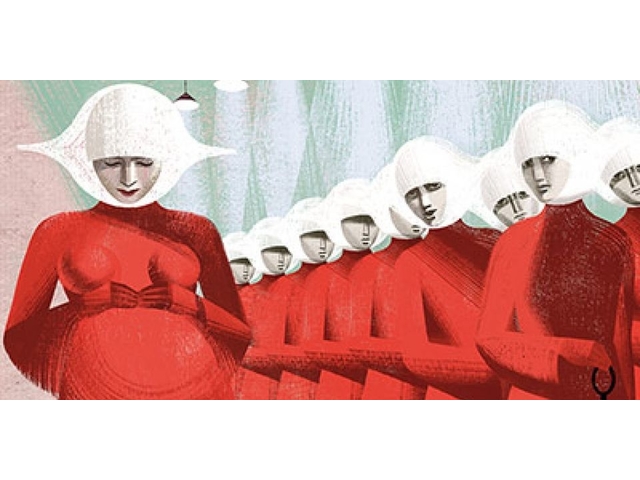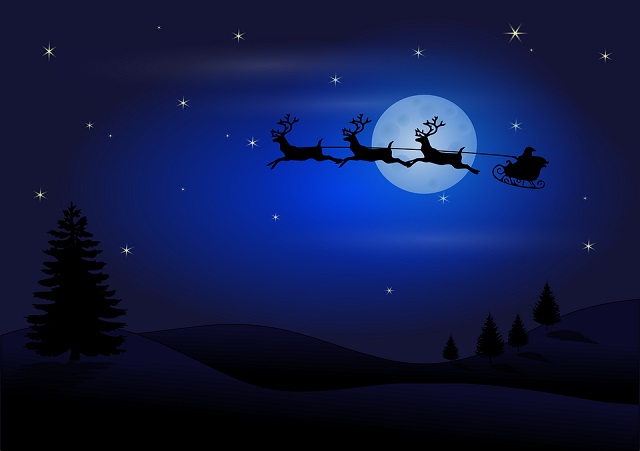When I first bought Joseph Conrad’s Heart of Darkness, I was happy. It wasn’t a long book at all, I was in the middle of several other reading projects, and I didn’t want my latest school book to interfere with my normal appetite for literature.
Then I started reading it.
That book nearly beat me. Sometimes, I’d finish a paragraph and have to go back and remind myself how it started. The language was so dense, and the sentences so long, that it felt like wading through chilled molasses. No, I have a better metaphor. Have you ever been to the aquarium? You know those schools of fish in the circular tanks? There’s a current in those tanks, and all the fish swim against the current, and end up not going anywhere at all. Unless they die. Then they float up to the top and spin in circles with the current. That’s what reading Heart of Darkness felt like.
But I’m glad I’ve read it. My sister read it this year, and ended up really liking the book because of its philosophy on social decay. As she said, it argues that the actual heart of the darkness was not in Kurtz’s camp on the Congo River, but back in Marlow’s London. And Conrad’s forays into sexism end up being an element of that darkness, not of his actual philosophy. In other words, there’s meat to this book.
It’s just…man, that prose…okay. Enough of this. There’s got to be some book that raises thorny moral questions and discusses the definition of humanity and the meaning of freedom without doubling as a sleep medication. And as it turns out, there is!
Have you ever heard of A Shadow in Summer by Daniel Abraham?
I have a confession to make: I love fantasy. In particular, I love fantasy that defies the standard sword-and-sorcery tropes misappropriated from Tolkein’s mythology. A Shadow in Summer does not have swordfights or grand battles, it does not have mages slinging fireballs and conjuring storms. Instead, its “wizards” are poets whose verse can summon and bind personifications of natural powers. As a composer, I love this construct. I also love what Abraham does with it.
See, his story is all about what happens when one of these summoned powers starts to crave its freedom, even when that freedom will come at the cost of a poet’s life. So in this fantasy story prominently featuring a journey down a river between the cosmopolitan, morally deficient city and the brutal, unforgiving poets’ monastery, we the readers are forced to balance the liberty of something that may not be human and the very human life of a feckless tyrant.
And yes, there’s intrigue and secret societies and mortal threats and international tensions. So it isn’t technically escapist fantasy. But it’s eerily similar to Conrad’s grand opus, and it has sequels. Heart of Darkness doesn’t have some little-known companion book called Spleen of Twilight that I know of. If you are aware of one, please let me know.
https://www.youtube.com/watch?v=D0X0K3VLj8A



